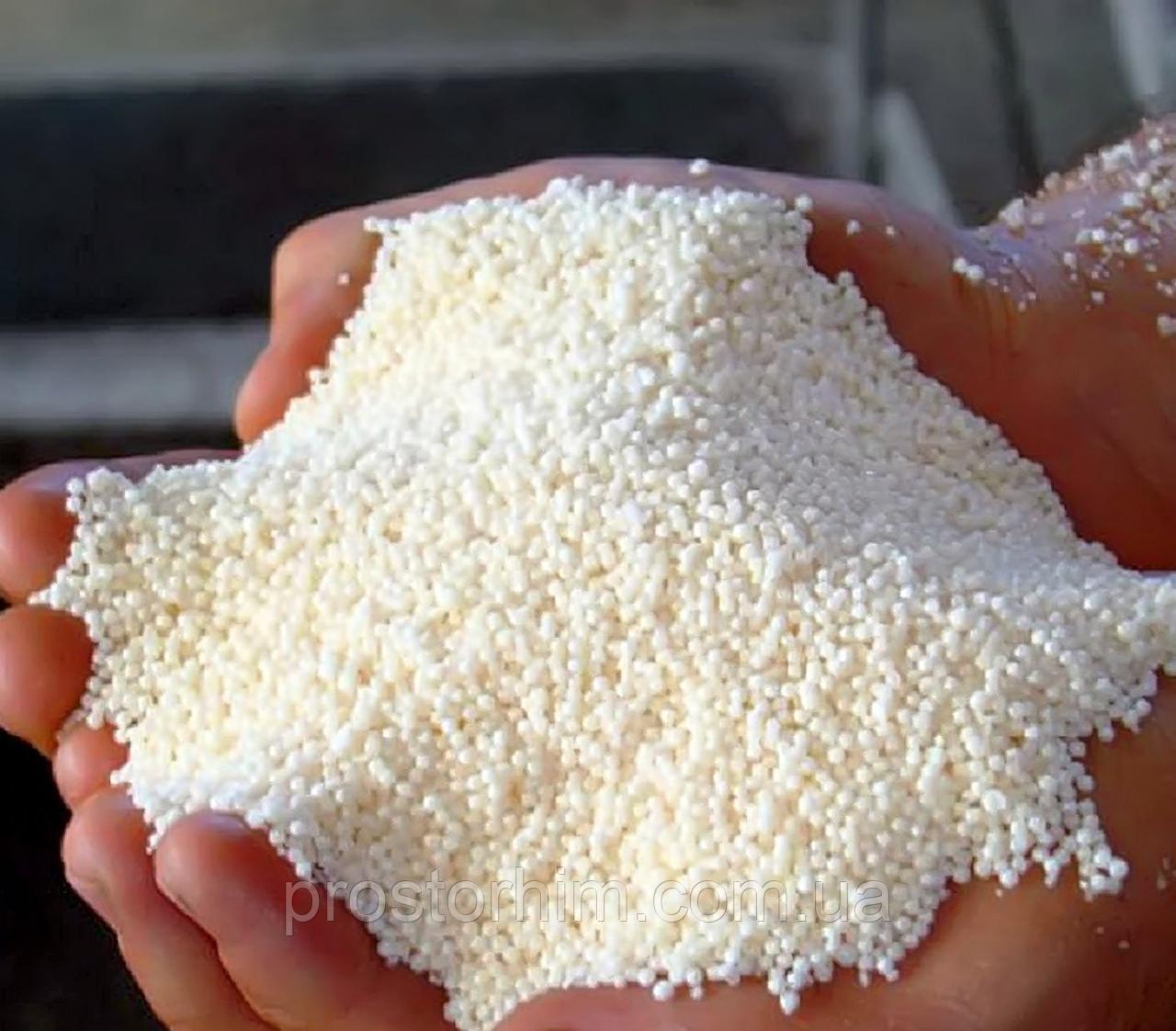
The UAC Deputy Chairman Mykhailo Sokolov during a meeting with ammonium nitrate producers and consumers at the Ministry of Economy of Ukraine mentioned a number of inconsistencies in the order of the former Ministry of Economy, Trade and Agriculture of Ukraine, which introduces new rules on storage of ammonium nitrate.
In particular, it is not clear why the requirements prescribe a rule on the need to mix ammonium nitrate mechanically if it is stored in bulk. While the formation of dust as a result of friction or mixing can be one of the reasons of the explosion. That means, the dust is explosive. Also, why is it forbidden to use grabs during loading and unloading operations, while in this way nitrate is unloaded for decades.
The order also provides for limiting the shelf life of ammonium nitrate in the open area to one month. And also - its utilization after the expiration date.
"Such demands are unfounded. Thus, after the expiration date of nitrate, its consumer qualities may decrease, but not disappear completely. Fertilizers may have a lower concentration of nitrogen, but this does not prevent their usage," Mykhailo Sokolov said.
He also noted that the same restrictions are set for a small agricultural producer too, who stores up to 500 kg of nitrate, and for those who store tens and hundreds of tons.
Such norms need to be corrected, as they threaten losses for farmers and increased pressure from regulatory authorities. Therefore, it was agreed that the agrarian associations will submit their proposals to adjust the order to the Ministry of Economy.
The meeting was attended by representatives of the Ministry of Economy, Ministry of Agrarian Policy, the State Labor Service of Ukraine, the Joint Representative Body of Employers at the national level, the Joint Representative Body of Trade Unions, the Ukrainian Agrarian Business Club Association.
We will remind, the UAC already paid attention: requirements are registered in the order so that dealers supplying mineral fertilizers to Ukraine won't be able to fulfill them. This in turn will significantly restrict competition and increase the likelihood of monopolization of the fertilizer market.
Thursday, 23 September 2021